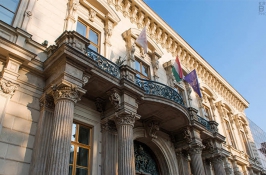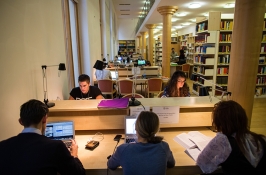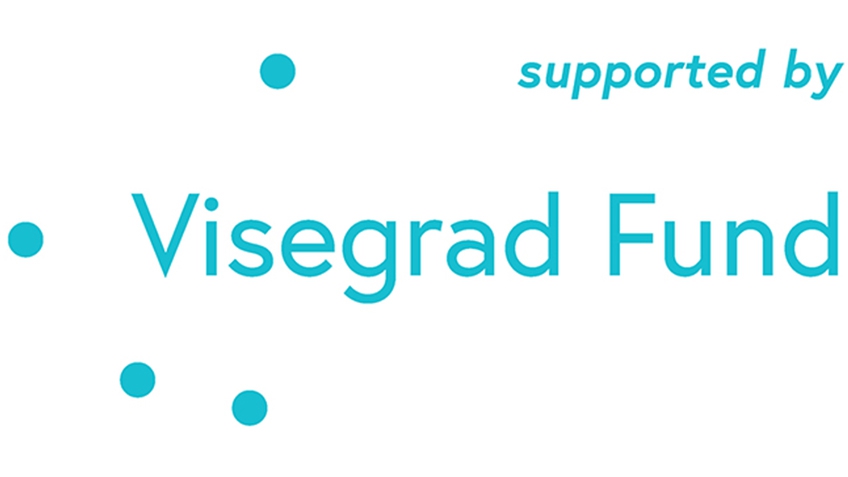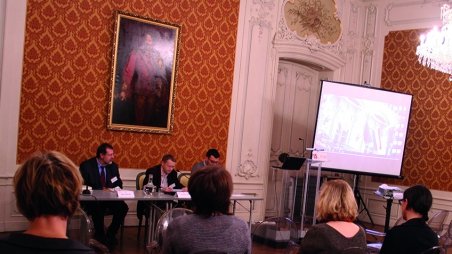
Identity, Migration, Internationalism, and Interculturalism in the Literatures of Central Europe
A project for a multilateral and trans-regional research cooperation in the following topic: Identity, Migration, Internationalism, and Interculturalism in the Literatures of Central Europe (Visegrad Fund, Project ID: 11610022)
Since the beginnings of modernity, globalization, modernization and individual or collective migration have put forward the quest for personal and cultural integrity in a broader social context and have rendered it to the chief motif of identity in many ways. The phenomena of identity, however, appear not only as social functions of the self, as the psycho-organic self-conceptualization for a better interpersonal interactivity. On the contrary, identity is being interpreted rather as an unfolding process of change, which raises the question of the correlation of identity and individuality in the simultaneously ongoing collectivization processes and questions of personal intentionality, consistency and continuity. In the last hundred years the complexity of such identification processes increased due to the turbulences of the history of the Central European region, which have induced escape, expulsions and emigration and often have concluded in forced changes of language, political conviction or national identity. The literatures of the Central European discourse space not only registered these changes of identity with an almost seismographic precision, but also often contributed to the recovery from personal and collective traumas.
The collective efforts, taken in the framework of Central Europe, would significantly contribute to our understanding of the topical issues of individuality and identity and the elaboration on therapeutic dimensions of getting over traumas. This is a hot issue, since the questions of migration and integration raise an actual challenge to the European present day social and cultural processes, and because relevant comparative researches still leave it untouched in many ways.
Our endeavours reach further problematics of literary theory, such as the identification of the reader with his/her fictive counterpart and with those implicit roles, which literature propose us to get involved. Literary theory would also benefit from a comparison of metafictional identity patterns with those, which are disclosed and—by using a phrase of Dilthey—„can be lived” by means of the fictionality of literature.
The project is coordinated by Andrássy University in cooperation with partners from the Visegrad countries:
A workshop and a conference will be organised in the framework of the project, which is financed by the Visegrad Fund.
External project leader(s): Károly Vajda (Selye-Universität Komarno), Marion Brandt (Universität Danzig), Ingeborg Fiala-Fürst (František Palacký-Universität Olmütz)
Scientific field(s): History
Research focus(es): Forschungsschwerpunkt 3: Identitätsbildung: Nationalitäten, Kulturen und Minderheiten
Status: Befejeződött
Starting date: July 1, 2016
Termination date: December 31, 2016



 ETN
QuickLinks
Contact
ETN
QuickLinks
Contact
 Start Your Studies!
Scholarships
Degree Programmes
PH.D. Programme
Admission
Alumni Association
Start Your Studies!
Scholarships
Degree Programmes
PH.D. Programme
Admission
Alumni Association
 Subscribe to our newsletter
Subscribe to our newsletter
